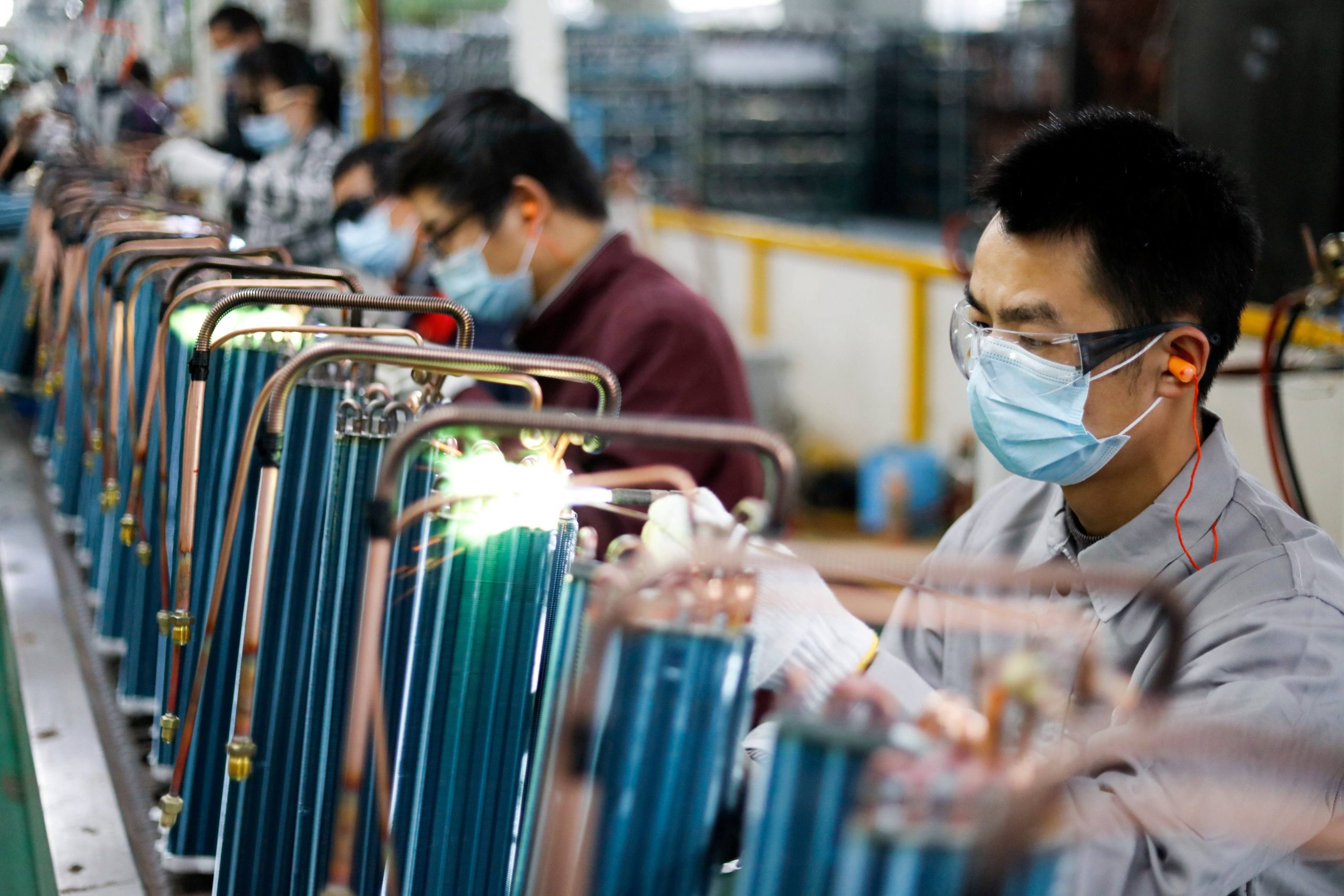Recently, Chinese Mainland e-commerce giants Taobao, JD.com, and Pinduoduo have upped their game by incorporating Hong Kong into their free shipping zones. In the past, Hongkongers relied on transshipment consolidation to facilitate the receipt of their ordered goods. Little wonder that customers have warmly welcomed the new one-stop shopping services.
The aggressive market expansion of leading Mainland e-commerce platforms will inevitably impact Hong Kong retailers, dealing a further blow to the already lacklustre performance of local retail sales. I suggest the following three ways for local retailers to tackle the problems.
Optimizing retail marketing through data utilization
Despite the common view that Mainland e-commerce merchants’ core competitiveness lies in low prices, in my opinion, they are also head and shoulders above their Hong Kong counterparts in digitization. The Mainland retailing businesses especially value data analysis and, more often than not, have sizable in-house data analysis departments dedicated to exploring how to offer consumers better pricing, product recommendations, and enhanced services through methods including statistics, economics, and machine learning. Take Taobao for example. To pique customers’ shopping interest, its “Buy This As Well” feature analyses user behaviour in product selection and content browsing to predict additional products users may want to purchase, then makes recommendations accordingly.
Apart from e-commerce platforms, Mainland offline retailers are also actively undergoing digitalization. I have collaborated with a fresh food market in the Mainland―comparable to Hong Kong’s wet markets―on a project to refine marketplace positioning and product selection, and to target users with more personalized marketing by leveraging shopping data and regional activity insights. These digital changes can facilitate a significant boost to retail cost-benefit without incurring additional costs.
On the contrary, the corresponding performance of Hong Kong retailers has been mixed. Many of them have neither the knowledge nor interest in digitalization. Due to their reliance on traditional marketing approaches to retailing, they do not even collect user data. Even those aware of the importance of digitalization have only dabbled in data utilization. For instance, despite heavy investments in establishing online shopping platforms, some well-known brands do not perform analytics on the valuable user data generated on their platforms. Offline retailers with bonus point schemes offering shopping rewards also fail to harness the value of transaction data, leading to a huge waste of digital resources. Failure by local retailers to fully adapt to and embrace digitalization will make it difficult for them to maintain a competitive edge in the intelligent age.
Mitigating competitive pressure through differentiated positioning
It is a basic principle of economics that differentiated positioning helps to reduce competition, enabling enterprises to gain a comparative advantage. Plagued by high wages and rents, Hong Kong retailers are cost-burdened. They would not stand a chance in direct competition with Mainland e-commerce businesses. Under these circumstances, local retailers might as well consider shutting down or cutting uncompetitive product lines, and focusing on more competitive products or those unlikely to be offered by Mainland e-commerce platforms. In Hong Kong, a well-known free port, almost all products are not subject to value-added tax or consumption tax, as opposed to the case in the Mainland. However, the shop rental and staff costs in the SAR are higher, making most products not cost-competitive. The exception is a handful of high-unit-price items, such as luxury-brand goods, gold accessories, electronics, and cosmetics, which still maintain price competitiveness.
Moreover, products with a distinctive local flavour, e.g. medicinal oils or ointments, local cultural creations, biscuits, and dim sum, that are unlikely to be available in the Mainland, are naturally competitive. Hong Kong retailers should develop and select products with a unique edge to engage in differentiated competition with Mainland e-commerce, so as to maintain their own competitive strength. Take rice as a daily staple, for example. It is unlikely for local retailers to gain price competitiveness by selling rice originating from the Mainland. Nevertheless, if they switch to rice imported from Thailand or Japan, they can benefit from Hong Kong’s tax-free advantage as a free port by targeting different customer segments through differentiated competition.
Strengthening government regulations to reinforce consumer confidence
The Mainland milk scandal from over a decade ago is probably still fresh in the memory of many Hongkongers. Due to the negative impact of the Sanlu infant formula incident in 2008, Mainland Chinese lost trust in locally-produced powdered formula and flocked in droves to buy milk products in Hong Kong. This not only resulted in a severe shortage of infant formula but also prompted the SAR Government to amend the law in 2013, imposing export control on powdered milk formula. Another example is Mainland infant formula brand Morning Glory’s “No. 1 milk supplied to Hong Kong”, a label designed to create an image of being in compliance with the city’s quality standards. Press reports last year revealed that fuel tanker trucks had been used to transport cooking oil in the Mainland, driving people to cross the border into Hong Kong to purchase cooking oil. These cases demonstrate Mainland consumers’ confidence in Hong Kong’s product quality, highlighting a proven advantage for local retailers.
Still, it is noteworthy that recent years have seen the emergence of counterfeit or fake goods in Hong Kong, which has eroded public confidence in the quality of Hong Kong products. For example, not only is it frequent to see knockoff Danish butter cookies for sale in local wet markets and counterfeit designer handbags on proxy shopping platforms, but counterfeit medicines and proprietary Chinese medicines are also common. Should these counterfeit or fake goods be allowed unregulated access to the market, the reputation of Hong Kong products will be compromised. In addition, the Nongfu Spring incident in July 2024 is also a case in point. A report published by the Consumer Council found that the quality of Nongfu Spring’s bottled water marginally met European Union standards. In response to a legal letter from the company, however, the Consumer Council reclassified the bottled water sample as a new type of water and raised its rating from four and a half stars to five.
The incident undoubtedly undermined public confidence. Once Hong Kong products no longer enjoy comparative advantage and are labelled as poor quality, they will become utterly uncompetitive. Therefore, it behoves the SAR Government to establish stringent quality standards and to strengthen enforcement efforts to combat fakes, which will safeguard the quality advantage of goods. Coupled with complementary publicity campaigns by retailers, this will reassure local residents and give them ease of mind when shopping for Hong Kong products.
Keeping pace with the digital age, capitalizing on differentiation strategies, and bolstering quality confidence are all viable approaches. When implemented together, these strategies are likely to enable the Hong Kong retail industry to sustain its competitive advantage.





